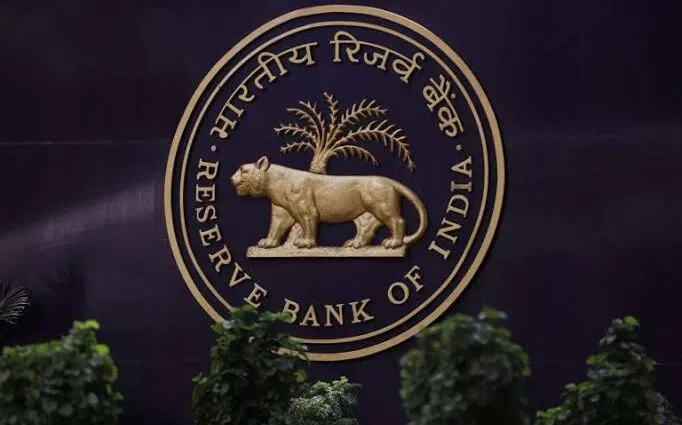RBI Issues Guidelines to Banks and NBFCs for Preventing Financial Frauds via Voice Calls and SMS
The Reserve Bank of India (RBI) has issued comprehensive guidelines to banks and non-banking financial companies (NBFCs) aimed at curbing financial frauds perpetrated through voice calls, SMS, and other communication channels. The move comes in response to a surge in cases where fraudsters deceive customers into sharing sensitive information, resulting in unauthorized transactions and financial losses.
The guidelines mandate banks and NBFCs to adopt a multi-pronged approach to enhance customer security, bolster awareness, and implement advanced fraud detection mechanisms. Key highlights of the guidelines include the deployment of robust verification processes, active monitoring of fraudulent activities, and educating customers about safe banking practices.
Strengthened Verification Mechanisms
The RBI has directed financial institutions to ensure that no sensitive information, such as account numbers, OTPs, or passwords, is requested from customers through unsolicited calls or SMS. Institutions are required to standardize their communication channels, ensuring that official messages are distinguishable from fraudulent ones by using verified sender IDs and standardized formats.
Advanced Fraud Detection Systems
Banks and NBFCs are advised to deploy AI-driven fraud detection systems capable of identifying and mitigating threats in real-time. These systems will monitor unusual transaction patterns and alert customers promptly if any suspicious activity is detected. Institutions must also enhance their cybersecurity frameworks to prevent unauthorized access to customer data.
Customer Awareness Campaigns
Recognizing the importance of educating customers, the RBI has emphasized awareness campaigns as a key pillar in fraud prevention. Banks and NBFCs are required to regularly inform customers about common scams, safe banking practices, and the importance of not sharing sensitive information with unknown callers or via SMS. The RBI has also encouraged financial institutions to use multiple channels, including social media, email, and branch-level interactions, to disseminate this information effectively.
Complaint Resolution and Support
The RBI has stressed the need for financial institutions to establish dedicated helplines and grievance redressal mechanisms to assist customers who suspect or experience fraud. These services must operate 24/7 to ensure timely support. Additionally, banks and NBFCs are required to expedite the resolution of fraud-related complaints to minimize customer inconvenience.
Collaboration with Law Enforcement
The guidelines also encourage collaboration between financial institutions and law enforcement agencies. This partnership aims to track and penalize fraudsters more effectively, thereby deterring future incidents. Institutions are also required to report recurring fraud patterns to the RBI, enabling better coordination at a systemic level.
Penalties for Non-Compliance
To ensure strict adherence to the guidelines, the RBI has warned of stringent penalties for banks and NBFCs failing to implement these measures. Non-compliance could result in financial penalties, reputational damage, and further regulatory scrutiny.
A Proactive Step Toward Safer Banking
As cybercriminals adopt increasingly sophisticated techniques, the RBI’s proactive measures aim to strengthen the financial ecosystem against emerging threats. These guidelines mark a significant step toward safeguarding the interests of customers and reinforcing their trust in the banking system.
By fostering a culture of vigilance and collaboration, the RBI’s directives aim to create a more secure and resilient financial landscape for millions of Indians.





